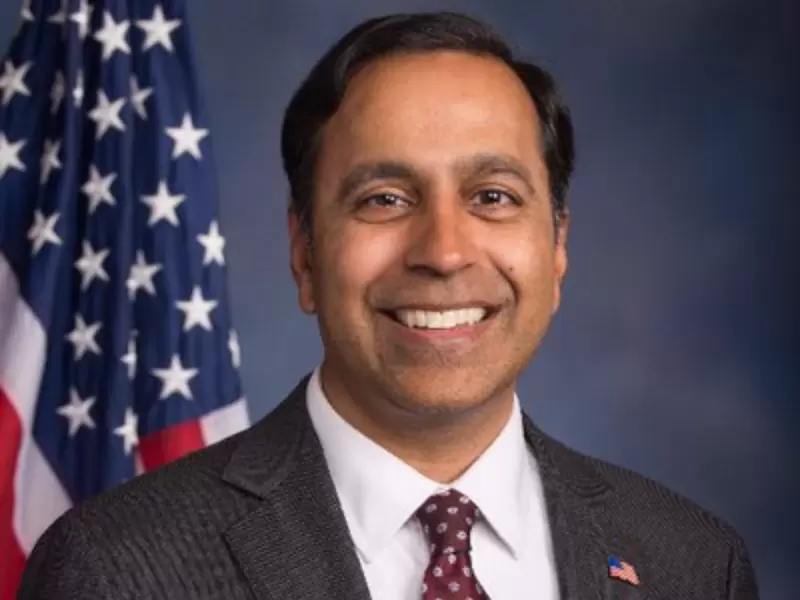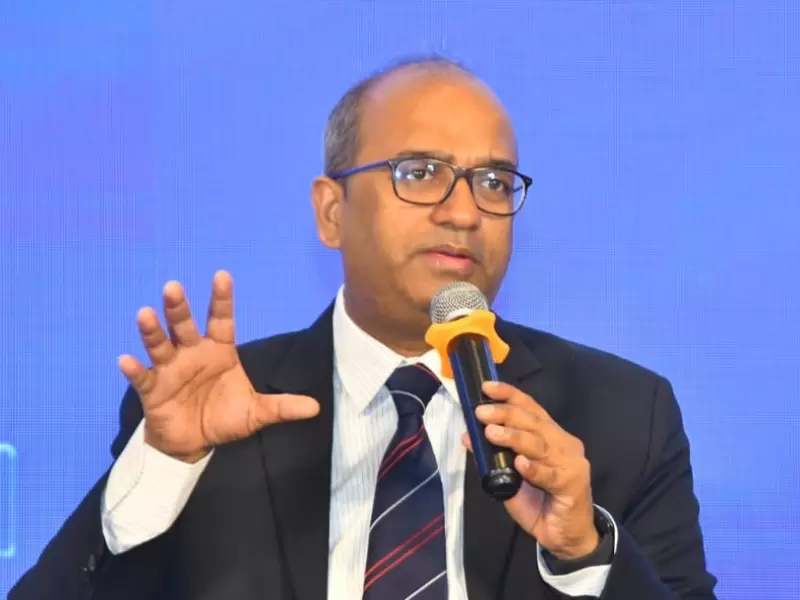Rep. Thanedar urges reversal of Job Corps closures
Thanedar joined three fellow Michigan lawmakers in a move that threatens to derail the education and training of approximately 25,000 students
 Shri Thanedar / Thanedar.house.gov
Shri Thanedar / Thanedar.house.gov
Indian American Congressman Shri Thanedar (MI-13) called on the Department of Labor to immediately reverse its abrupt decision to pause operations at Job Corps centers nationwide.
Thanedar joined three fellow Michigan lawmakers in urging the Department to reverse a decision they say threatens to derail the education and training of approximately 25,000 students, including over 700 in Michigan.
Also Read: "There was limitless possibility": Usha Vance on being raised by Indian immigrant parents
The closure affects centers in Kent, Wayne, and Genesee counties—regions with substantial youth reliance on Job Corps for workforce development.
In a joint letter addressed to Labor Secretary Lori Chavez-DeRemer, the lawmakers criticized the lack of advance notice and planning surrounding the May 29 announcement.
“The Department’s decision to initiate a ‘phased pause’ in operations was made without advance notice to the training centers, leaving staff and students scrambling,” the lawmakers wrote. “This abrupt disruption has destabilized our communities, which rely on these centers.”
The lawmakers warned that the unplanned pause undermines the Department’s stated goals of improving cost-efficiency and long-term outcomes, and instead jeopardizes a vital workforce pipeline amid ongoing labor shortages in Michigan. They also cited the program’s longstanding success in helping young Americans earn GEDs, receive vocational certifications, and reduce reliance on public assistance.
The Department of Labor has pointed to a $140 million deficit in 2024—projected to rise to $213 million in 2025—as a key factor in its decision. A transparency report cited low graduation rates (38.6 percent), high per-student costs ($80,284 annually), and limited post-program earnings ($16,695 average income) as further justification.
Administrators at impacted centers, however, have pushed back. Officials at the Glenmont Job Corps Center in New York attributed the statistics to post-pandemic disruptions and questioned the Department’s data collection methods.
Thanedar and his colleagues have demanded answers regarding transition support for students, future plans for training continuity, and the timeline for notifying centers of any permanent changes. They also urged the Department to coordinate with Congress to uphold fiscal responsibility while preserving Job Corps’ mission.
The lawmakers have requested a formal response from the Department by June 16.
ADVERTISEMENT
ADVERTISEMENT
E Paper
Video




 Malvika Choudhary
Malvika Choudhary










.jpg)


Comments
Start the conversation
Become a member of New India Abroad to start commenting.
Sign Up Now
Already have an account? Login